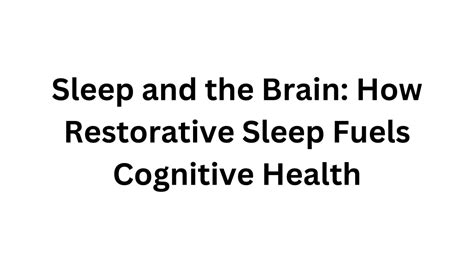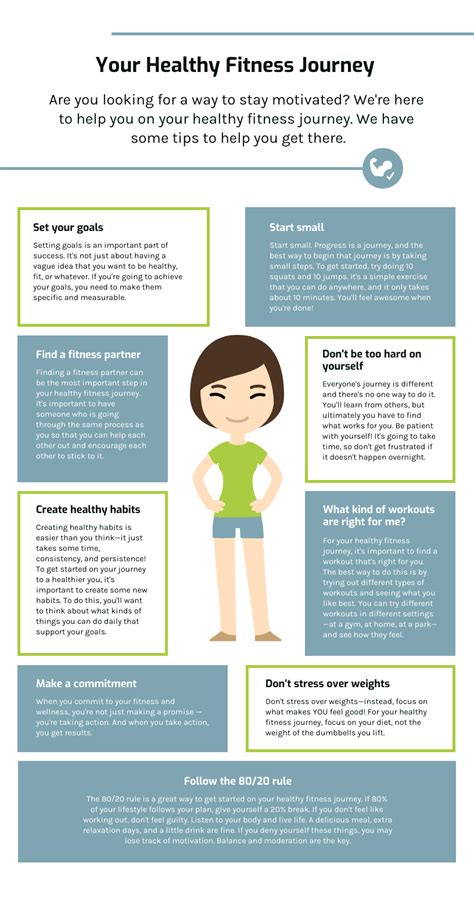Optimize sleep for better recovery & cognitive function?

Sleep is far more than just a period of inactivity; it’s a vital biological process essential for both physical and mental well-being. In our fast-paced world, often viewed as a luxury, optimizing sleep is a powerful strategy for enhancing athletic recovery, boosting cognitive performance, and generally improving quality of life. Understanding how sleep works and how to harness its restorative power can unlock your full potential.
The Profound Connection Between Sleep, Recovery, and Cognition
While we sleep, our bodies and minds are anything but idle. A complex symphony of biological processes takes place, crucial for repairing tissues, consolidating memories, and clearing metabolic byproducts from the brain. Skimping on sleep doesn’t just make you feel tired; it directly compromises your ability to perform at your peak, both physically and intellectually.

Sleep’s Critical Role in Physical Recovery
For athletes and anyone engaging in regular physical activity, sleep is perhaps the most potent recovery tool. During deep non-REM sleep, the body releases growth hormone, vital for tissue repair, muscle growth, and fat metabolism. This is when muscles repair micro-tears, energy stores are replenished, and inflammation is reduced. Inadequate sleep can impair this healing process, increasing injury risk and prolonging recovery times. Furthermore, sleep plays a key role in regulating cortisol levels, a stress hormone that, when elevated chronically, can break down muscle tissue and impede recovery.

Boosting Brainpower: Sleep and Cognitive Function
Beyond physical restoration, sleep is a non-negotiable requirement for optimal cognitive function. During REM sleep and specific non-REM stages, the brain actively works to consolidate memories, processing information gathered throughout the day and transferring it from short-term to long-term storage. This process is crucial for learning and retention. A well-rested brain exhibits:
- Enhanced Focus and Attention: Sleep deprivation severely impairs your ability to concentrate and sustain attention on tasks.
- Improved Problem-Solving Skills: The brain uses sleep to make novel connections and insights, often leading to “aha!” moments.
- Better Decision-Making: Fatigue compromises judgment and increases impulsive behavior.
- Emotional Regulation: Adequate sleep helps regulate mood, reducing irritability and improving resilience to stress.

Strategies for Optimizing Your Sleep
Achieving optimal sleep isn’t about luck; it’s about intentional practices. Here are key strategies:
Establish a Consistent Sleep Schedule
Go to bed and wake up at roughly the same time every day, even on weekends. This helps regulate your body’s natural circadian rhythm.
Create a Conducive Sleep Environment
- Darkness: Block out all light. Even small amounts of light can disrupt melatonin production.
- Quiet: Minimize noise pollution. Consider earplugs or a white noise machine if necessary.
- Cool Temperature: Most experts recommend a bedroom temperature between 60-67°F (15-19°C) for optimal sleep.

Develop a Relaxing Pre-Sleep Routine
Wind down 30-60 minutes before bed. This could include reading a physical book, taking a warm bath, stretching, or meditating. Avoid screens (phones, tablets, computers, TVs) as their blue light can suppress melatonin.
Mind Your Diet and Exercise
- Limit Caffeine and Alcohol: Avoid these stimulants and depressants, especially in the afternoon and evening, as they disrupt sleep architecture.
- Finish Meals Earlier: Large, heavy meals close to bedtime can cause indigestion and discomfort.
- Regular Exercise: Physical activity promotes deeper sleep, but try to finish intense workouts several hours before bed.
Addressing Sleep Debt and Prioritizing Rest
Many people carry a “sleep debt” from chronic insufficient sleep. While you can’t entirely “catch up,” making sleep a priority and consistently aiming for 7-9 hours can significantly improve your health. Listen to your body’s signals – persistent fatigue, difficulty concentrating, or increased irritability are all signs that you might need more sleep.
Conclusion: The Undeniable Power of Sleep
Optimizing your sleep is not a passive act but an active investment in your health, performance, and overall quality of life. By understanding its fundamental importance to both physical recovery and cognitive function, and by implementing practical strategies to improve your sleep hygiene, you can unlock a greater capacity for energy, focus, and well-being. Prioritize sleep, and watch your recovery accelerate and your cognitive abilities flourish.










